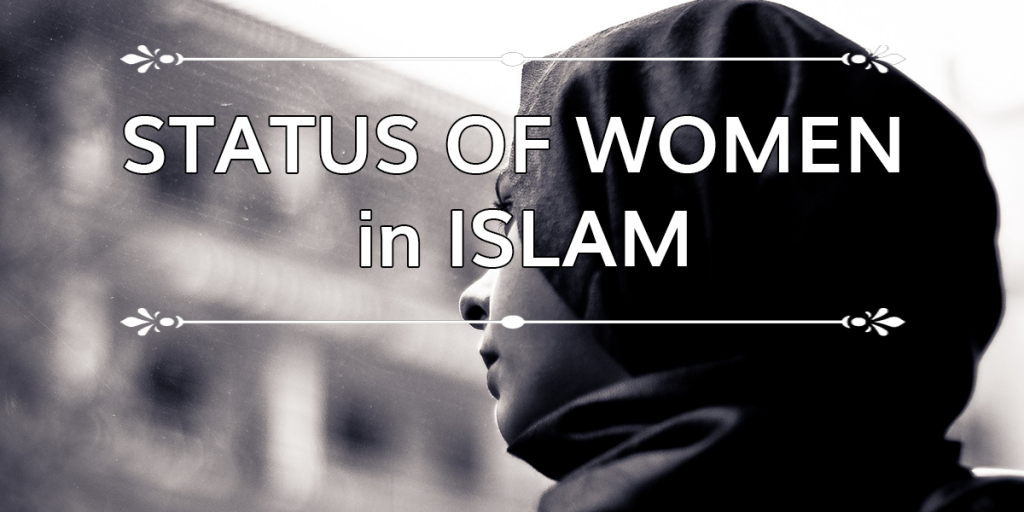Homelessness
Homelessness has been an issue affecting the poor and vulnerable in society since time immemorial and continues even today. Ironically, homelessness is no less of a problem in the most economically advanced countries than it is in the poorest nations of the world, making it apparent, that the cause is not so much to do with the lack of funds to alleviate the problem but more to do with the systems that perpetuate it.
It is generally acknowledged that the main cause of homelessness is and has always been poverty, mainly deriving from unemployment, mental and physical health issues, debt, abuse, slavery or human trafficking etc.
How does Islam seek to deal with this issue and what are its practical solutions?
Islam is not just a religion but also a way of life seeking to provide moral guidance for the individual as well as establishing a beneficial and cohesive society where justice and kindness are inherent. There is particular emphasis on the giving of charity to the poor and needy. This is a recurring theme of the Holy Quran and the Ahadith (sayings and practice of the Prophet Muhammad pbuh). Acts of charity are termed good deeds and are a means of gaining God’s pleasure and obtaining a spiritual ascension to Him, which is in fact the ultimate aim of all Muslims. The Holy Quran states:
‘And what should make thee know what the ascent is?
It is the freeing of a slave.
Or feeding in a day of hunger
An orphan near of kin,
Or a poor man lying in the dust.’ Holy Quran (90:13-17)
It is clear that ‘a poor man lying in the dust,’ applies to the homeless and charity towards such a person is a way of ‘ascent’ (spiritual nearness to God) for Muslims. But what about a government or a collective society, what is their role in dealing with the issue of poverty and homelessness?
The first matter to clarify is that principles of Islamic governance are based on justice and wealth disparity is accepted as justified where it is based on fair trade and without exploitation. However, Islam does not condone a situation where there is an enormous gulf between rich and poor to the extent that the wealth circulates between comparatively few to the detriment of the majority who live in poverty as exists in the current world of today. In such situations it is most likely that this huge gulf between the rich and poor is due to exploitation, injustice and subjugation of the vulnerable.
Quranic injunctions set the framework for a fairer society, prevent exploitation and abuse, and are equally applicable to the individual as well as to governments. Here are a few examples:
‘O ye who believe! Devour not interest involving diverse additions; and fear Allah that you may prosper. 3:131 – Forbids usury and compound interest, a major factor in sinking people into a never-ending spiral of debt.
‘And give full measure when you measure, and weigh with a right balance;’ 17:36 – Obligates fairness and honesty in trade transactions.
‘…….. truly righteous is he who believes in Allah and the Last Day……. and spends his money for love of Him, on the kindred and the orphans and the needy and the wayfarer and those who ask for charity….’ 2:178 – Requires spending on the most vulnerable in society be it with private or public funds.
Hoarding wealth is against the teachings of Islam and much is contained in the Holy Quran and Ahadith on this matter. Hoarding prevents money from circulating in the economy and thereby depriving society of its benefits. In order to discourage this practice Islam levies a tax on unused wealth calculated on a yearly basis. This obligatory tax is called Zakah/Zakat and is to be used by the government exclusively for the betterment of the conditions pertaining to the poor and needy.
Across the globe we see that governments of wealthy countries are failing in their duty to provide basic amenities to their citizens such as housing and health care. In these dire circumstances what are Muslims doing today in a personal capacity or as an organised body to help the poor and homeless?
Humanity First, the charitable arm of the Ahmadiyya Muslim community is a shining example of an organisation that regularly provides hot meals to the homeless throughout the world including in the United States of America, Canada and the UK. Humanity First has extensive projects worldwide, such as free health services, clean water pumps and education operating extensively in Africa, Asia and in South America. The sole aim of this organisation is service to humanity in accordance with the obligation upon every Muslim, to strive in the way of God through service to His creation.
From the above, it is clear that Muslims must adhere to the teachings of Islam by helping the poor but are there any obligations on those who receive charity to also help themselves or are they encouraged to live off charitable donations? The Holy Prophet of Islam, Muhammad (PBUH) said,
‘The upper hand is better than the lower hand (i.e. he who gives in charity is better than him who takes it). …….. And whoever abstains from asking others for some financial help, Allah will give him and save him from asking others, Allah will make him self-sufficient.’ (Bukhari)
Just to clarify, this does not include those who are desperate and unable to help themselves at all, such people are entitled to ask for charity and there is no blame on them. The Ahadith applies to those who could potentially change their circumstances but are not actively taking the necessary steps.
In conclusion therefore, in Islam, there is no ‘passing the buck,’ where no-one takes responsibility for the poor, needy and homeless in society. Charity has been made an obligation upon the individual as a means of spiritual advancement and upon a governing authority to fulfil its responsibilities to its citizens. Additionally, every individual has a personal responsibility to strive in order to improve their own situation, so that they too may ultimately be able to play their role in helping others and thereby contributing to a fair and just society for all.


